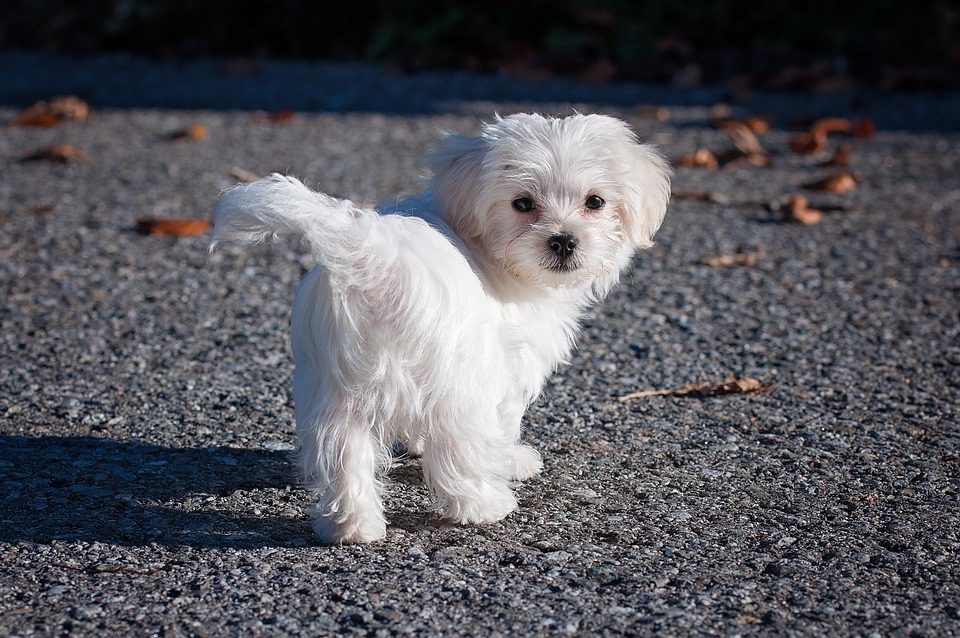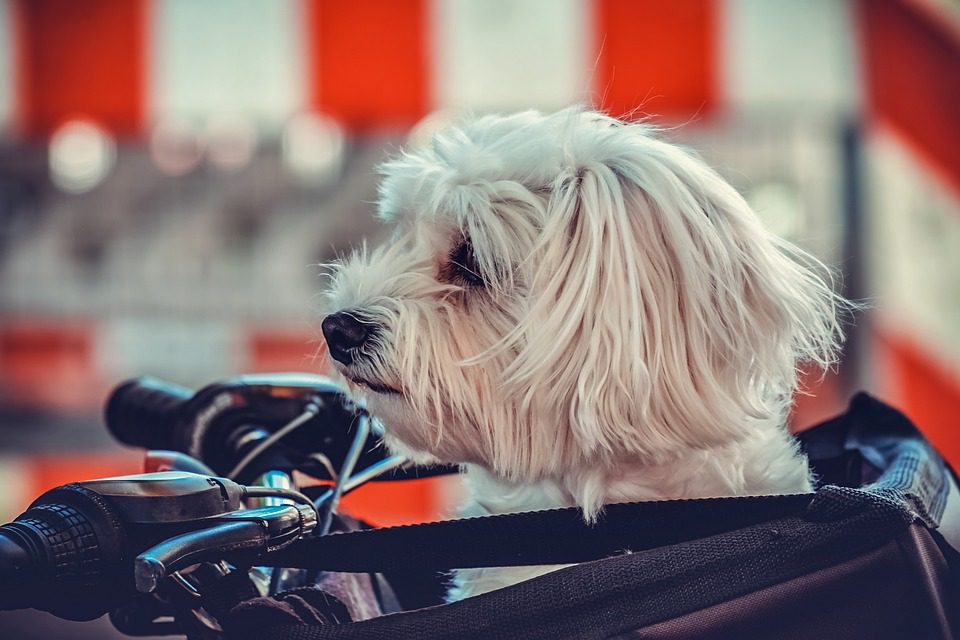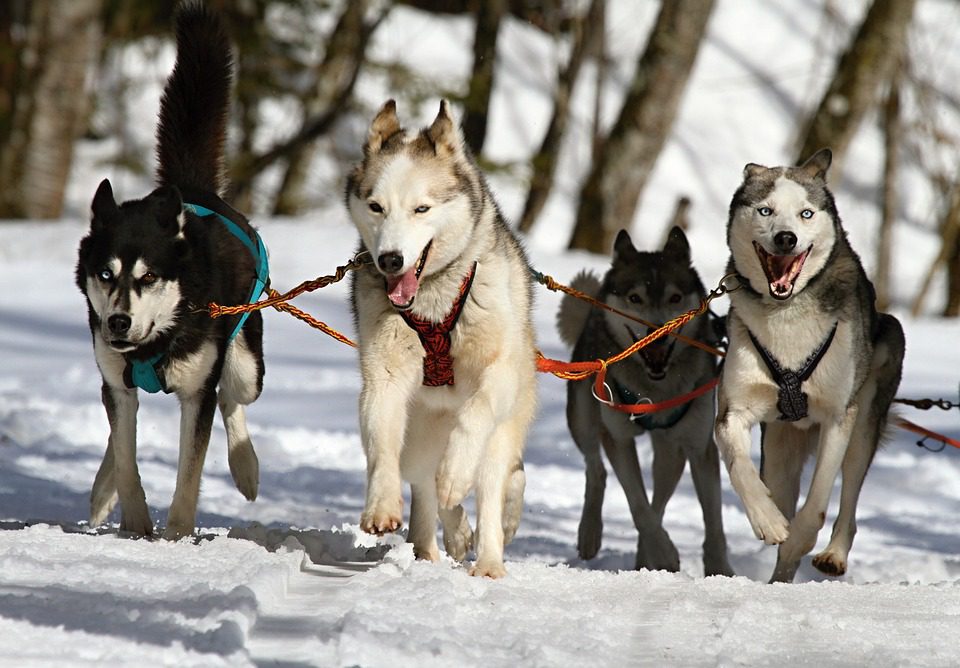Having a puppy is an exciting and rewarding experience, but it also requires a great deal of responsibility. One of the most important things to consider when caring for a pup is the risk of infectious diseases. Vaccinations are one of the best ways to protect your pup from illness, but if your pup is unvaccinated, there are certain precautions you should take to keep them healthy and safe. In this article, we will discuss what to avoid with an unvaccinated puppy, and how to keep your pup safe and healthy.
Unvaccinated Puppies: What to Avoid
Table of Contents
Owning a puppy is a big responsibility that comes with a lot of joy and love. But when that puppy isn’t vaccinated, it can be difficult to know what to do to keep them healthy. Unvaccinated puppies are at risk of many illnesses and diseases, so it is important to be aware of what to avoid when caring for an unvaccinated puppy.
Bacteria and Viruses
Unvaccinated puppies are more vulnerable to bacteria and viruses that can cause serious illnesses and even death. Since they don’t yet have immunity to these diseases, it is important to avoid places and situations that could introduce them to these germs. This includes avoiding contact with other dogs, especially those that are not vaccinated, and places where other dogs have been, such as dog parks, pet stores, and groomers. If contact is unavoidable, keep the puppy on a short leash and keep them away from other dogs.
Parasites
Unvaccinated puppies are also at risk of parasites, such as fleas, ticks, and worms. To avoid these, it is important to keep the puppy away from areas where other animals have been, such as parks, and to keep their sleeping area clean and free from pests. Regular baths and grooming can also help to reduce the risk of parasites.
Food and Water
Unvaccinated puppies are also vulnerable to bacteria and viruses that can be found in food and water. To reduce the risk, it is important to be careful about what food and water the puppy is exposed to. Make sure to only feed them food that is made specifically for puppies and to use filtered, bottled, or boiled water. If feeding raw food, make sure to use high quality, fresh ingredients and to keep all food and water bowls clean.
Chemicals
Unvaccinated puppies are also at risk of being exposed to harmful chemicals, such as pesticides, herbicides, and other toxins. To reduce the risk, it is important to avoid using chemical products around the puppy and to keep them away from areas that have been treated with chemicals.
Stress
Unvaccinated puppies are also vulnerable to stress, which can weaken their immune systems and make them more prone to illness. To reduce the risk, it is important to keep the puppy in a calm and quiet environment and to avoid exposing them to loud noises, sudden changes, and unfamiliar people and animals.
Caring for an unvaccinated puppy can be challenging, but it is important to be aware of the risks and to take steps to reduce them. By avoiding contact with other animals, keeping their environment clean, and providing high-quality food and water, owners can help keep their puppies safe and healthy.
**Common Myths About What to Avoid With an Unvaccinated Puppy**
Myth 1: Unvaccinated puppies should not go outside.
Fact: Unvaccinated puppies can and should go outside, as long as they are supervised and kept away from other animals. It is important for puppies to get used to their environment and learn to socialize with other people and animals.
Myth 2: Unvaccinated puppies should not be taken to dog parks.
Fact: Unvaccinated puppies should not be taken to public places, such as dog parks. However, it is safe for a puppy to go for walks and interact with other people and animals outside of the home, as long as they are supervised.
Myth 3: Unvaccinated puppies should not be around other animals.
Fact: Unvaccinated puppies should not be around animals that are known to be ill or have not been vaccinated. However, it is safe for a puppy to interact with other animals that are healthy and have been vaccinated.
Myth 4: Unvaccinated puppies should not be given treats.
Fact: Unvaccinated puppies can and should be given treats, as long as the treats are appropriate for their age and weight. It is important to not overfeed puppies, as this can lead to health problems.
Frequently Asked Questions
What illnesses can an unvaccinated puppy catch?
An unvaccinated puppy is at risk of catching a wide range of illnesses, including distemper, parvovirus, hepatitis, and rabies.
What should I avoid when walking an unvaccinated puppy?
When walking an unvaccinated puppy, it is important to avoid contact with other dogs, and to make sure that the puppy does not come into contact with any potentially contaminated surfaces, such as ground that other dogs may have recently urinated on. Additionally, it is important to avoid taking the puppy to areas where there may be a higher risk of coming into contact with contagious diseases, such as dog parks.
Conclusion
.
Owning a puppy is a big responsibility that comes with a lot of joy and love. Unvaccinated puppies are at risk of many illnesses and diseases, so it is important to take steps to reduce the risks. Avoid contact with other animals, keep their environment clean, and provide high-quality food and water. Additionally, watch out for bacteria, viruses, parasites, chemicals, and stress which can weaken the puppy’s immune system. With the right care, unvaccinated puppies can stay healthy and happy.






